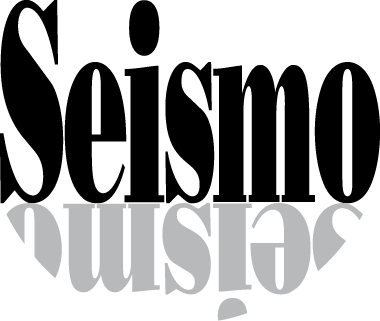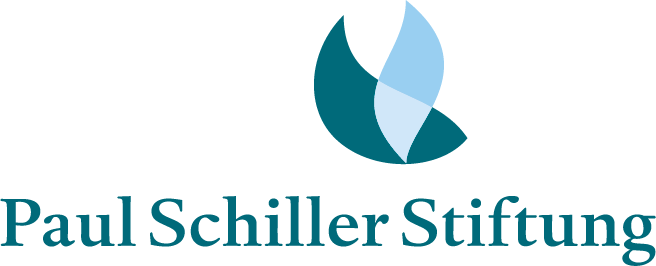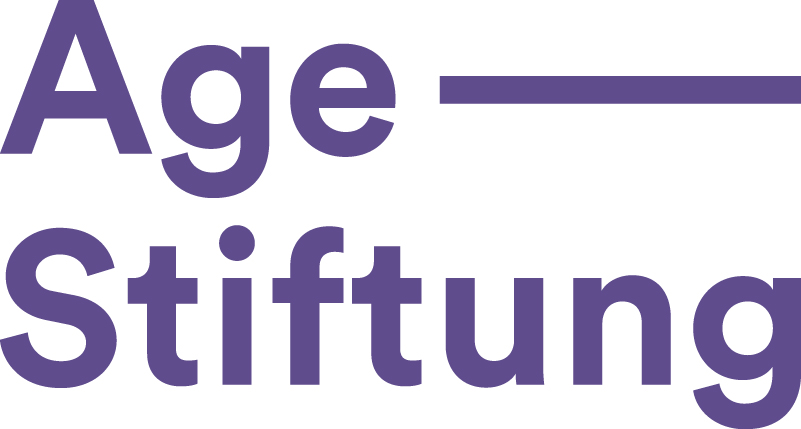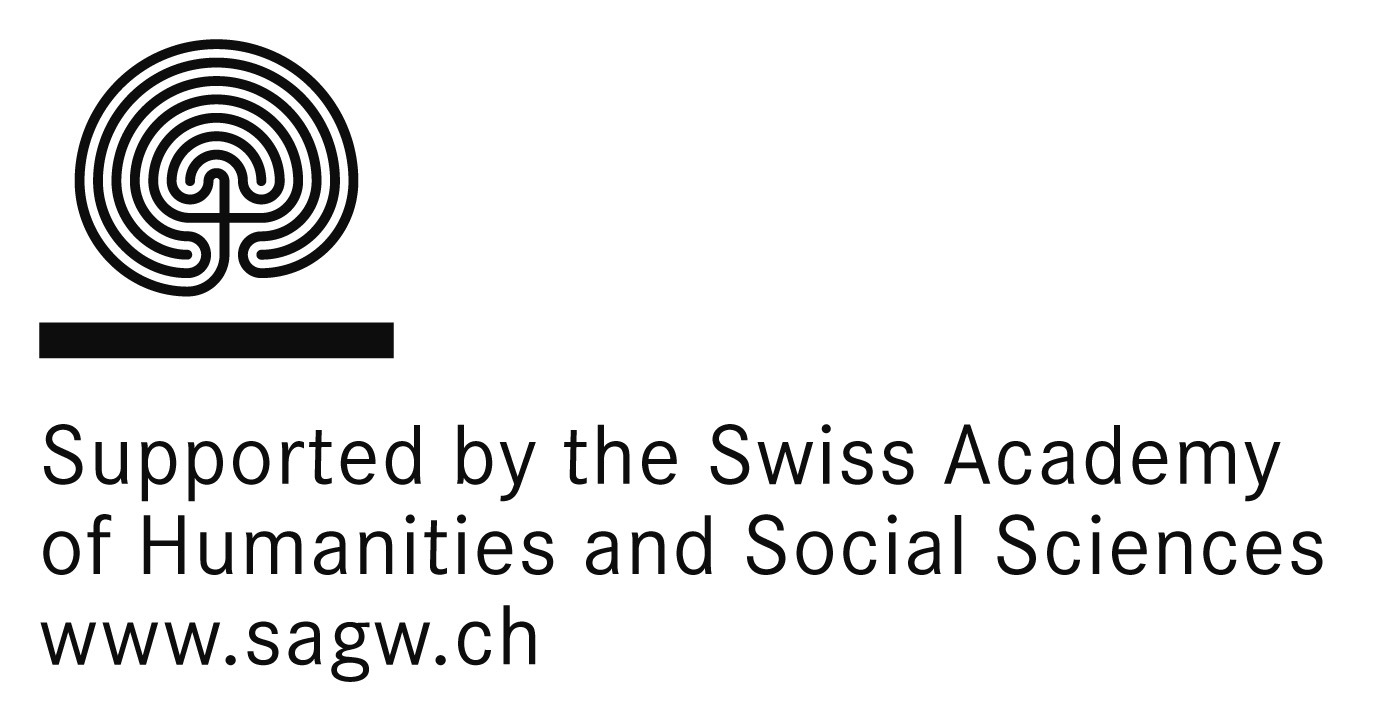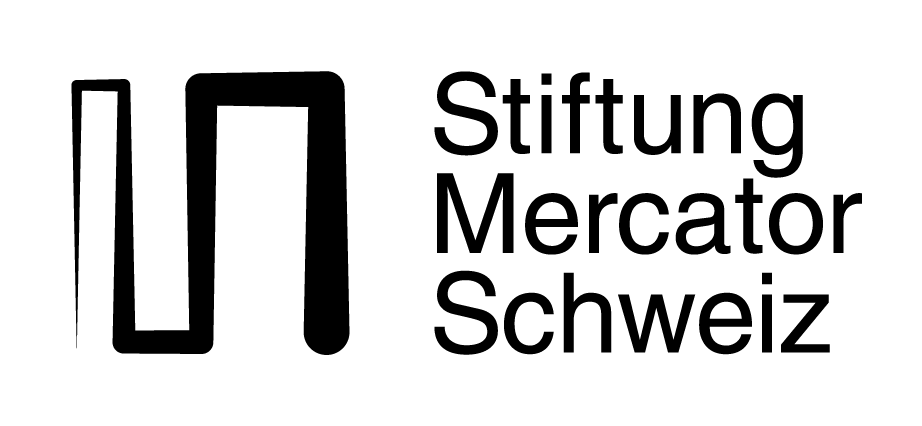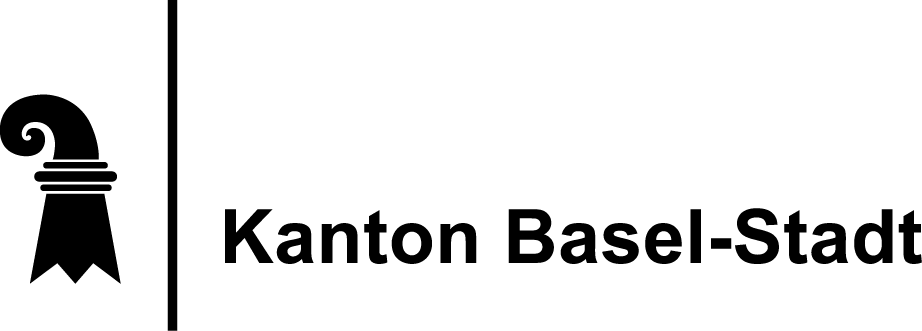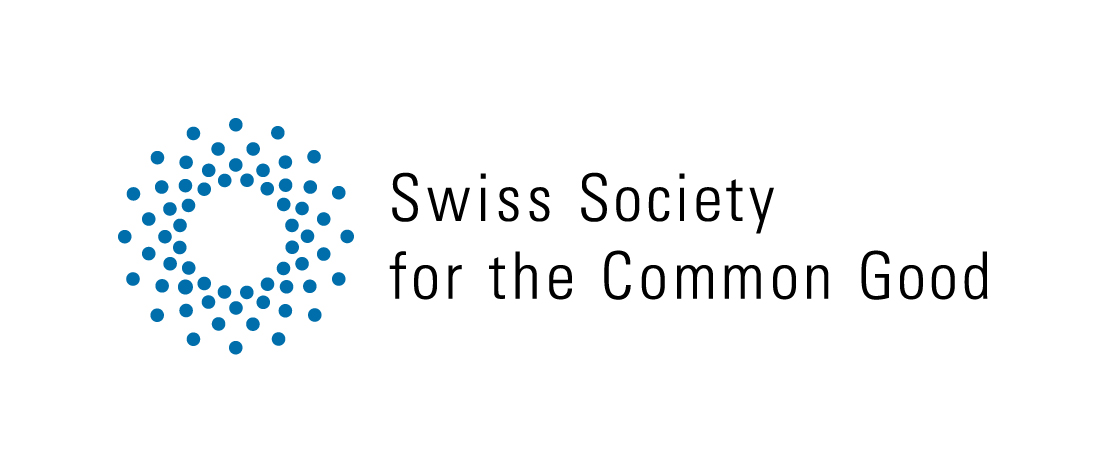Program Monday
Monday, 9.9.2024
| 10.30 – 12.30 | Social City Tour (Surprise) in Basel (DE and EN) |
| ab 12.30 | Check in |
| 14.00 – 14.45 | Congress opening Prof. Dr. Claudine Burton-Jeangros (SSA president) Prof. Dr. Sibylle Nideröst (Deputy Director, School for Social Work FHNW) Prof. Dr. Eva Nadai (Chair of the Organizing Committee) SSA-Young Researcher Prize award ceremony |
| 14.45 – 15.30 | Keynote 1: Zur Vulnerabilität sozialer Systeme: Der Fall der politischen Demokratie Prof. Dr. Rudolf Stichweh |
| 15.30 – 16.00 | Break |
| 16.00 – 16.45 | Keynote 2: The everyday politics of vulnerability Prof. Dr. Dorothea Hilhorst |
| 17.00 – 18.30 | Semi Plenaries I For details see below |
| ab 18.30 | Welcome reception with welcome address of Kaspar Sutter, member of the cantonal government of Basel-Stadt |
Keynotes
Zur Vulnerabilität sozialer Systeme: Der Fall der politischen Demokratie
Prof. Dr. Rudolf Stichweh | Universität Bonn | Germany
Der Vortrag skizziert eingangs einen allgemeinen Begriff der Vulnerabilität sozialer Systeme, auf der Basis einer Nachzeichnung der interdisziplinären Begriffsentwicklung zu Vulnerabilität und verwandten Begriffsfeldern (Bedrohung, Risiko). Der Vortrag wählt dann exemplarisch eine zentrale Innovation in der Geschichte funktionaler Differenzierung der Gesellschaft: den Fall der politischen Demokratie. Die Vulnerabilität von Demokratie ist offensichtlich: Demokratie ruht auf Vollinklusion, die eben auch Vollinklusion der Feinde der Demokratie ist; ihr drohen jederzeit Disbalancen der Gewaltenteilung, die oft Legislative und Judikative gegeneinander stellen; ihre entschiedenste Form, die direkte Demokratie, kann zu einer Tyrannei der Mehrheit führen; politische (Parteien-)Konkurrenz auf Polarisierung und Feindschaft hinauslaufen; der Populismus das Volk als eine differenzlose Einheit denken und damit den direkten Weg in den Autoritarismus bahnen; schließlich strategische politische Kommunikation die Einsicht in Sachlagen eher verstellen. Der Vortrag analysiert diese strukturell in die liberale Demokratie eingebaute Volatilität und Vulnerabilität und fragt auf dieser Basis nach der Zukunft von Demokratie.
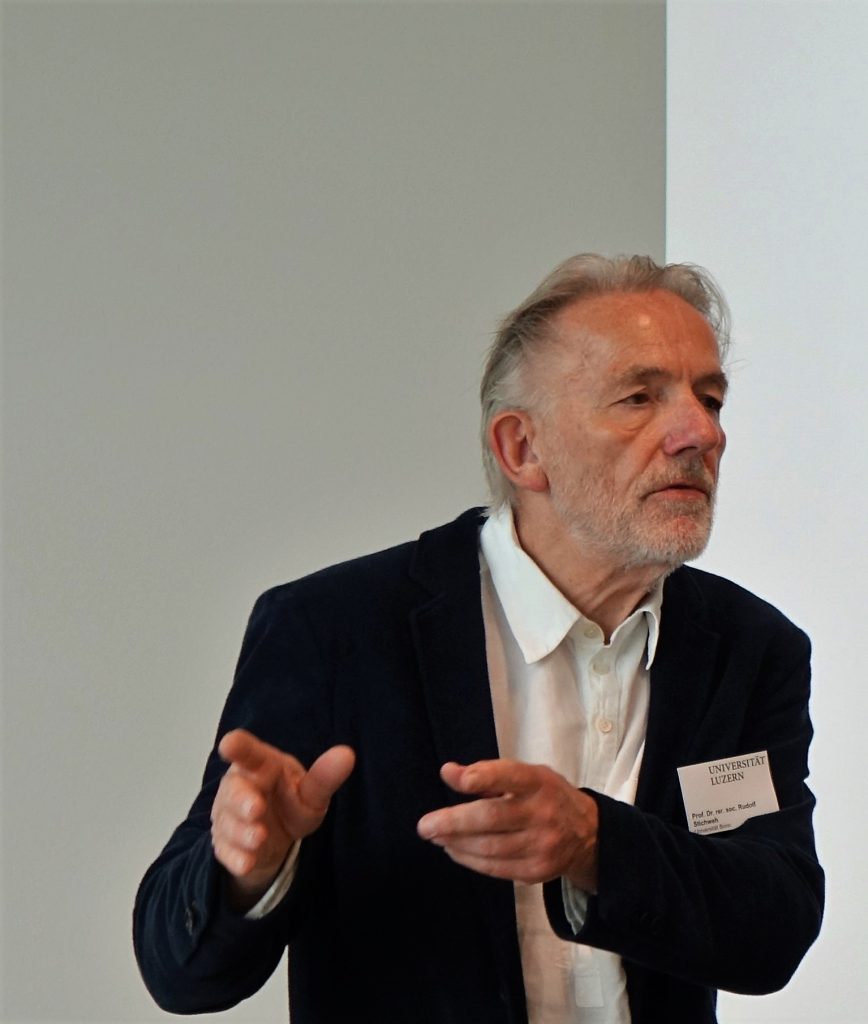
Prof. Dr. Rudolf Stichweh
Rudolf Stichweh ist Seniorprofessor für Soziologie an der Universität Bonn und ständiger Gastprofessor an der Kultur- und Sozialwissenschaftlichen Fakultät der Universität Luzern. Er leitet die Abteilung Demokratieforschung des Forum Internationale Wissenschaft der Universität Bonn und ist ein Principal Investigator des „Bonn Center for Dependency and Slavery Studies“. Außerdem ist er als Forscher Mitglied der Lise Meitner Research Group „China in the Global System of Science“ des Max-Planck-Institut für Wissenschaftsgeschichte, Berlin. Er gehört der Nordrhein Westfälischen Akademie der Wissenschaften und der Künste, Düsseldorf, und der Nationalakademie Leopoldina, Halle, an.
Arbeitsgebiete: Theorie der Weltgesellschaft und Soziologie des Fremden, Soziologie und Geschichte der Wissenschaft und der Universitäten, Demokratie- und Autoritarismusforschung.
Buchveröffentlichungen: Democratic and Authoritarian Political Systems in 21st Century World Society 2021, Inklusion und Exklusion: Studien zur Gesellschaftstheorie 2016, Wissenschaft, Universität, Professionen 2013, Der Fremde: Studien zu Soziologie und Sozialgeschichte 2010.
“Forum Internationale Wissenschaft” und “Bonn Center for Dependency and Slavery Studies”, Universität Bonn
The everyday politics of vulnerability
Prof. Dr. Dorothea Hilhorst | Erasmus University Rotterdam | Netherlands
The concept of vulnerability has been a key concept in studies of disasters and climate change. It started as a critical entry-point to unravel the socially produced ways in which groups are rendered safe or unsafe in view of hazards. The concept has been a radical move in disaster studies as it took the natural out of natural disasters, and in focusing on issues like power and inequality as factors that turn the occurrence of a hazard into a disaster.
Over the years the concept has increasingly veered away from its structural and critical content to become co-opted as an individual property of people – vulnerable by bad luck or because of their own fault – that need special concern. Moreover, the concept of vulnerability has partly been overtaken by resilience. Increasingly, people (even disadvantaged people) have begun to be considered as resilient, with the capacities to organise, resist, learn, change and adapt. Adaptation, has become the slogan and the proposed solution to the problem of adjusting human systems to actual or expected climatic stimuli.
This keynote will review this political history of the concept of vulnerability and then explore how it plays a role in everyday politics of current humanitarian action. How important is vulnerability, how is it measured and who gets included or excluded in aid programmes.
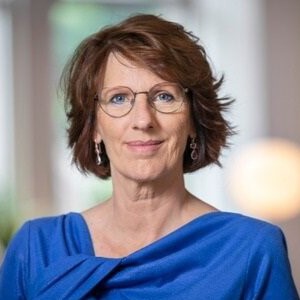
Prof. Dr. Dorothea Hilhorst
Dorothea Hilhorst is a professor of humanitarian studies at the International Institute for Social Studies (ISS) of Erasmus University in The Hague. She is also the president of the International Humanitarian Studies Association, IHSA. Thea defines humanitarian studies as “the study of societies and vulnerable communities experiencing humanitarian crisis originating from disaster, conflict, refugee situations, and/ or political collapse. It studies the causes and impact of crisis; how people, communities and authorities respond to them, including efforts for prevention and preparedness; how humanitarian action and other external interventions are organized and affect the recovery from crises; and the institutional changes that crises and crisis response engender”. Her focus is on aid-society relations: studying how aid is embedded in the context, impacts on governments and society, and is shaped by the manifold actions of actors in and around programmes for protection, service delivery and capacity development. She has a special interest in the intersections of humanitarianism with development, peacebuilding and gender-relations. Her research programmes have taken place in settings affected by disaster, conflict and fragility, including Afghanistan, Angola, Burundi, the Democratic Republic of Congo, Ethiopia, the Philippines, Rwanda, South Sudan, and Sri Lanka. One of her recent research programme concerns cases where ‘conflict meets disaster’, that studies disaster governance in high-conflict, low-conflict and post-conflict societies. She currently implements an ERC advanced grant programme on humanitarian governance. In 2022, she was awarded the Spinoza Price, the highest scientific distinction in the Netherlands.
Erasmus University, Rotterdam Netherlands
Semi Plenaries
Schools and Universities as Resilient Organizations: Vulnerability in Times of Multiple Crises
Dr. Philippe Saner (Universität Luzern); Dr. Len Ole Schäfer (FernUniversität in Hagen, CATALPA – Center of Advanced Technology for Assisted Learning and Predictive Analytics)
Room 02.O.03
Economic vulnerability and migration
Dr. Didier Ruedin (Université de Neuchâtel)
Room 02.S.21
Multiple Vulnerabilitäten in städtischen Milieus: theoretische Reflexionen & empirische Befunde
Prof. Dr. Dietmar J. Wetzel (University of Basel)
Room 02.W.03
Analyses of Risk, Uncertainty and Vulnerability in Contemporary Society: Health, Cyberspace and Truth
Prof. Dr. Lena Pellandini-Simanyi (Università della Svizzera italiana)
Room 02.N.21
Social City Tour (Surprise)
The social city tours are not traditional city tours. They offer a different view of Basel and its inhabitants. They aim to reduce prejudices. All city guides have first-hand experience of poverty, exclusion, homelessness, violence, addiction and mental illness. During their training at Surprise, they deal intensively with their past and the upheavals in their lives. In this way, they expand their knowledge of the causes and effects of structural poverty. The tour texts and the route of each city tour are also developed together with our experts – always based on the individual life story. This makes every social city tour unique. (https://surprise.ngo/stadtrundgaenge-basel)
Participation is limited to 20 persons per tour by order of registration. There is only one tour on Monday 9 September in English, the other 3 tours will be guided in German. Participation is included in the congress fee. However, the guides will be happy about a generous tip!

